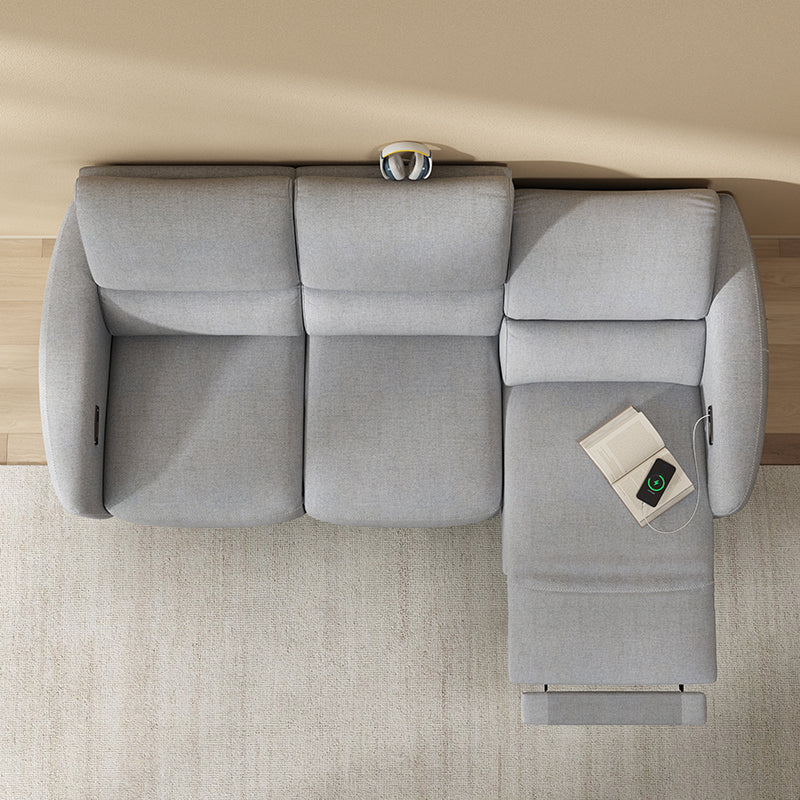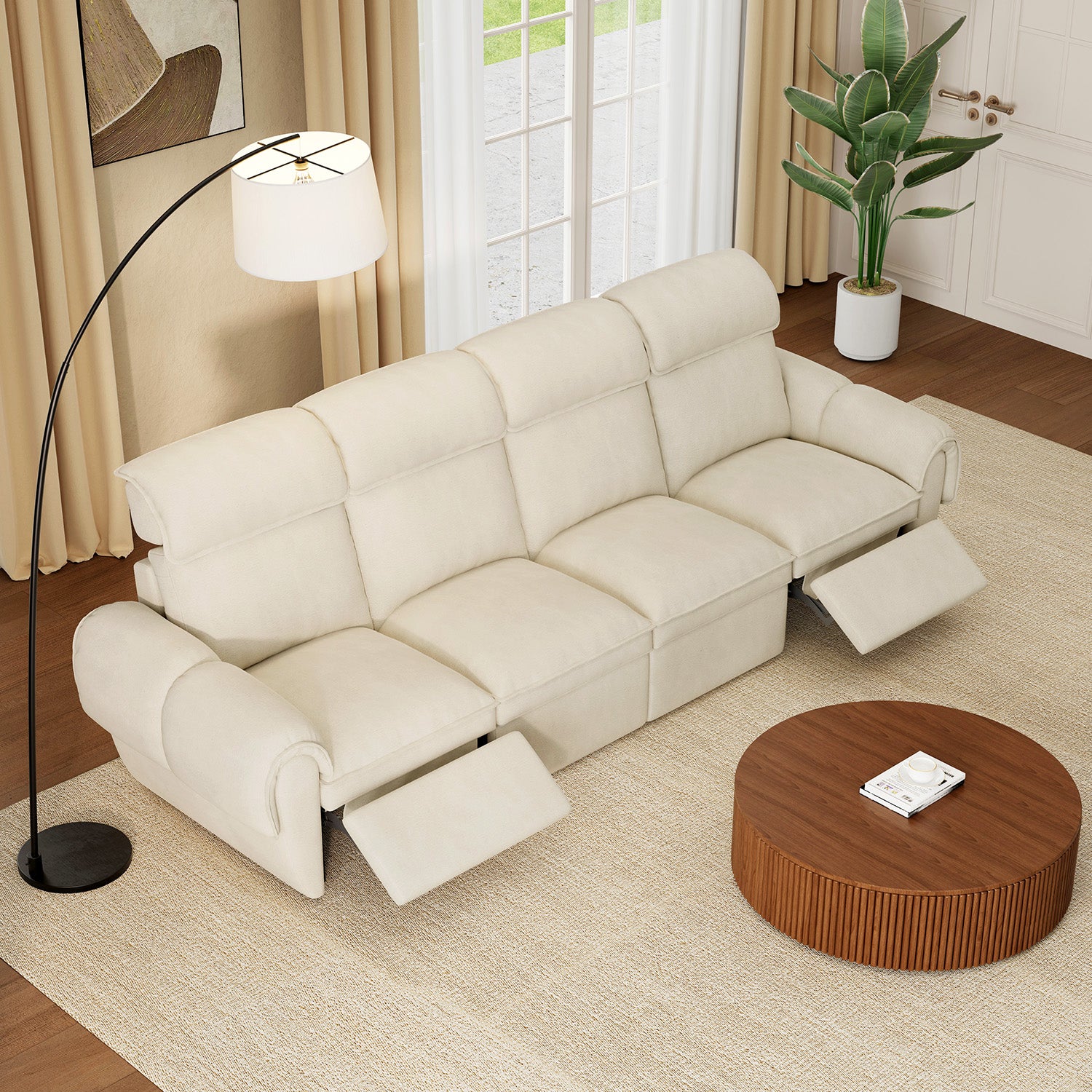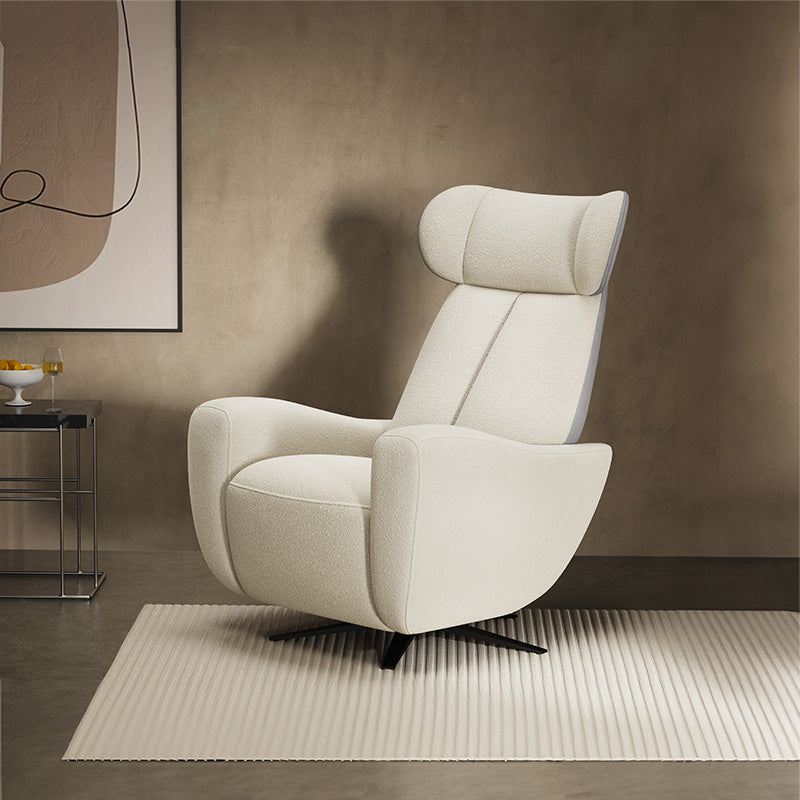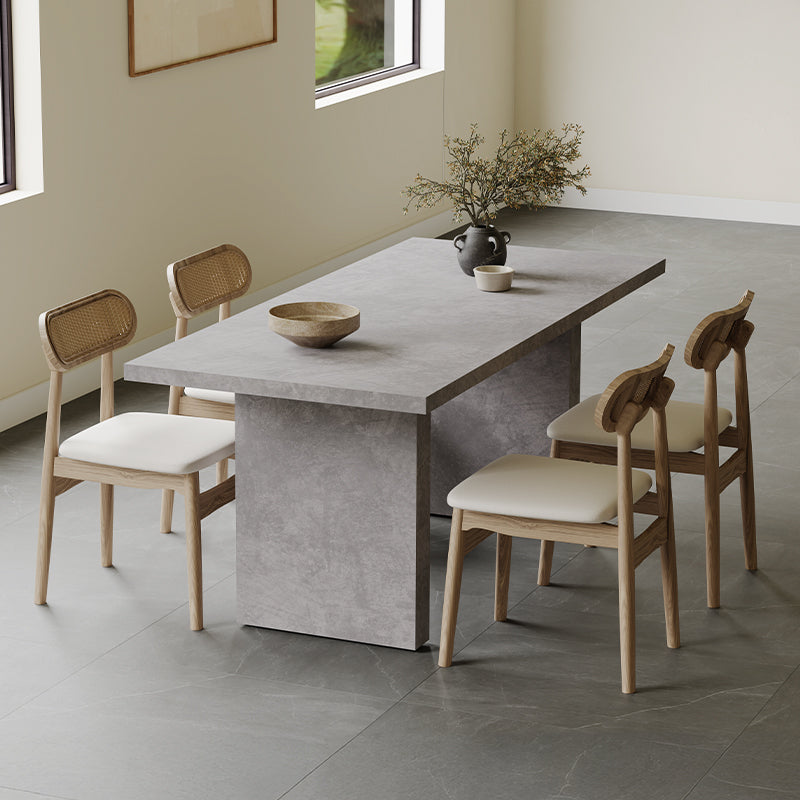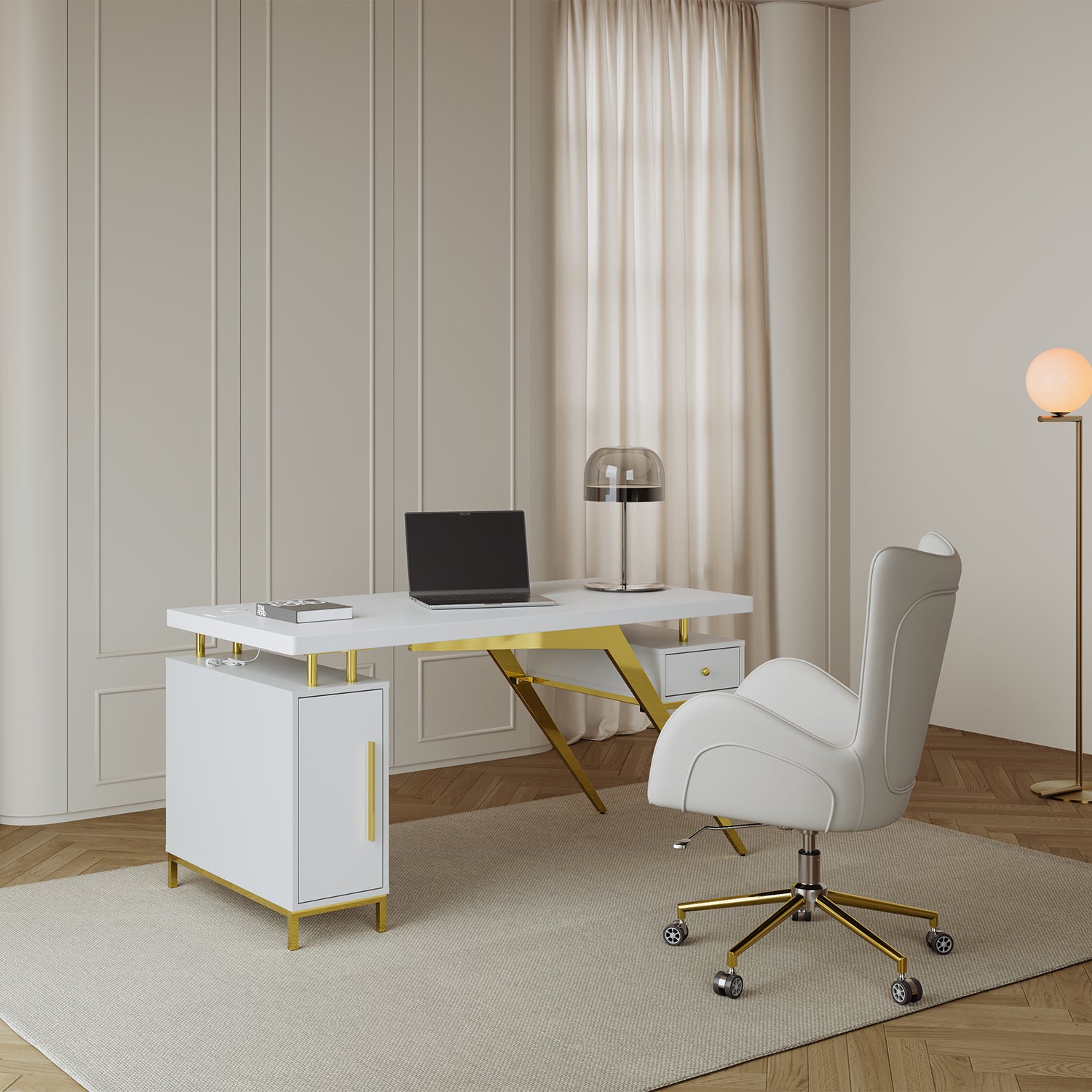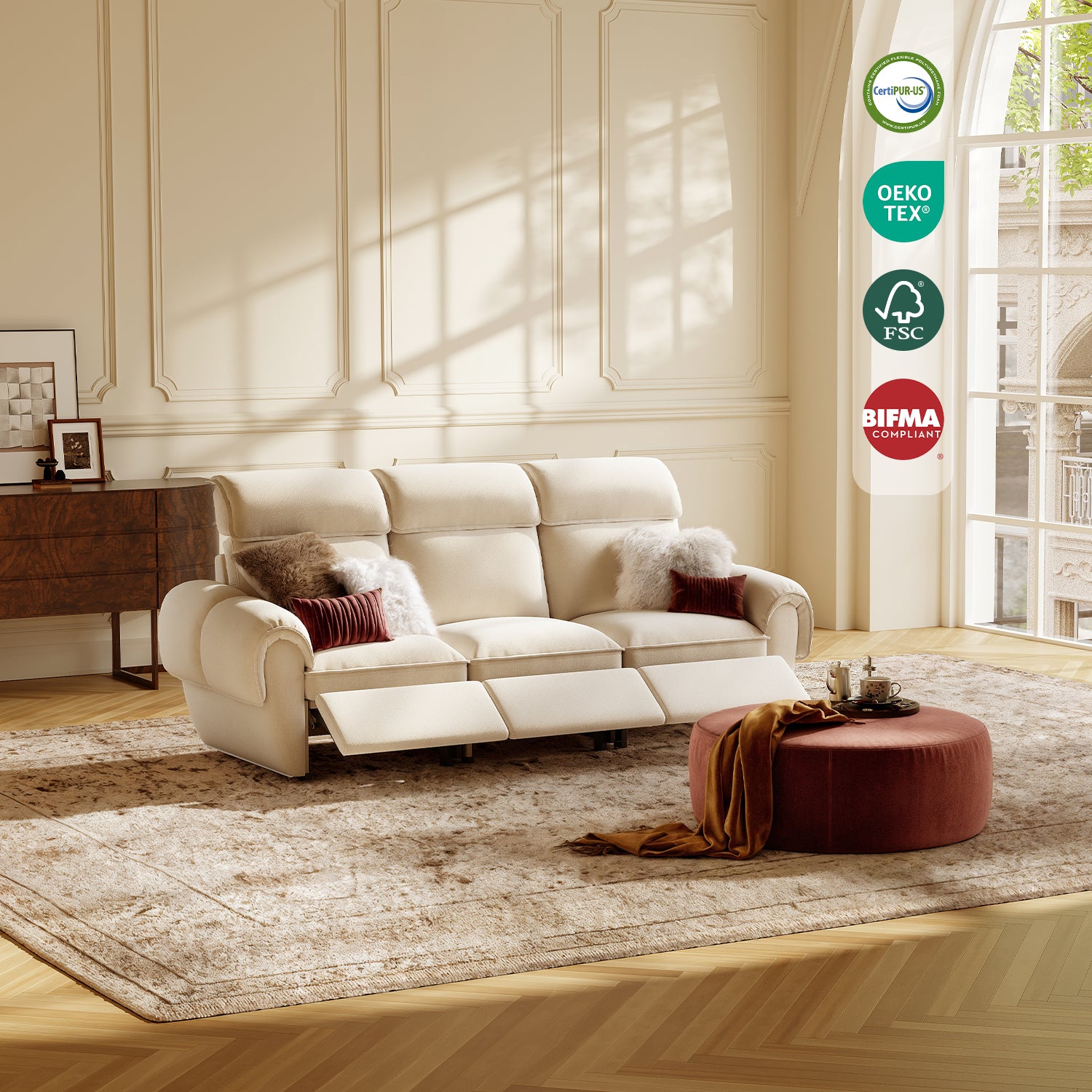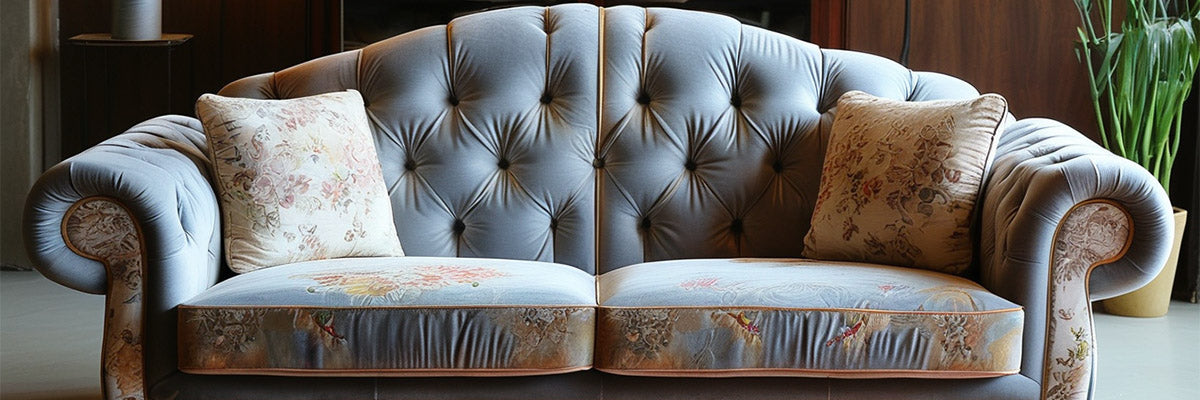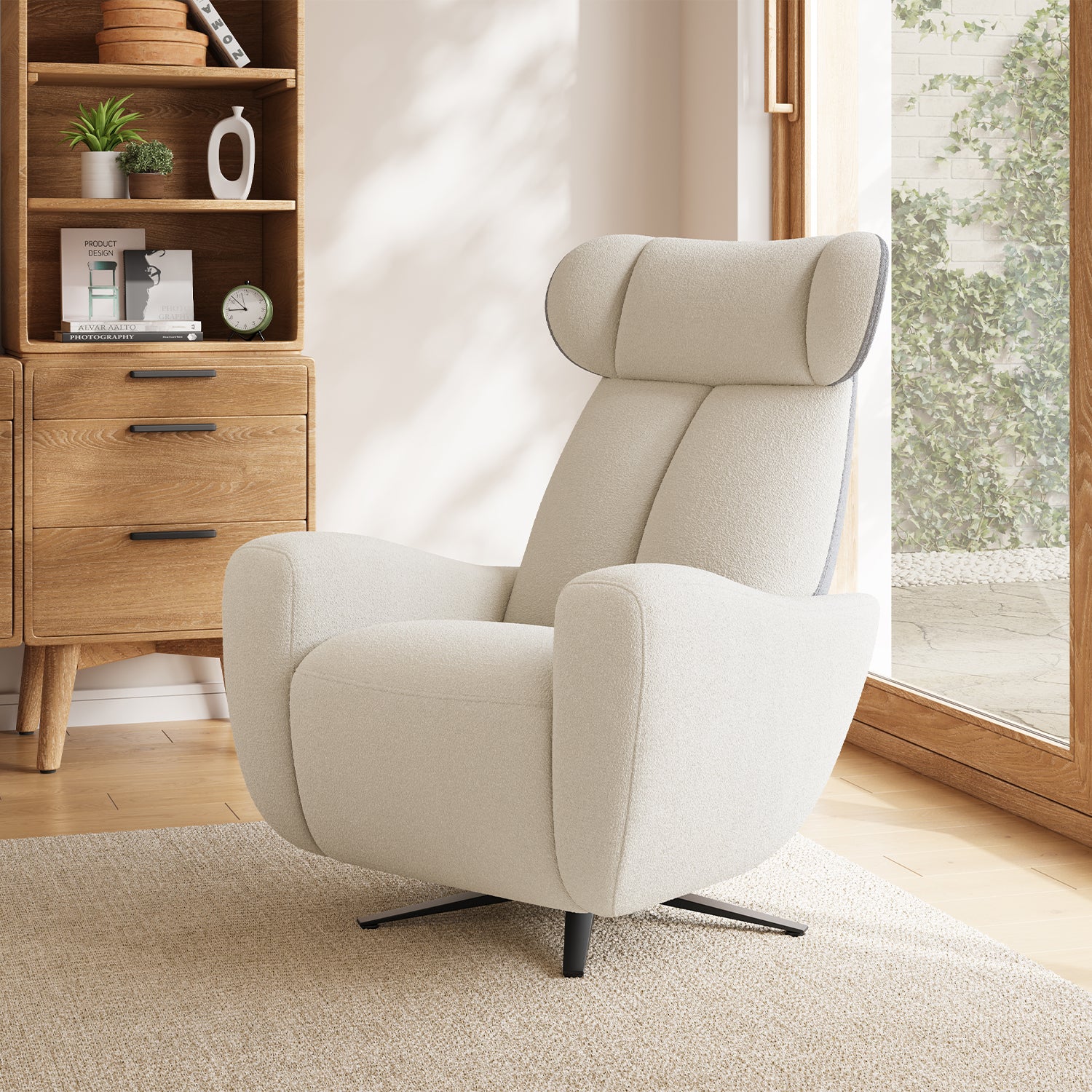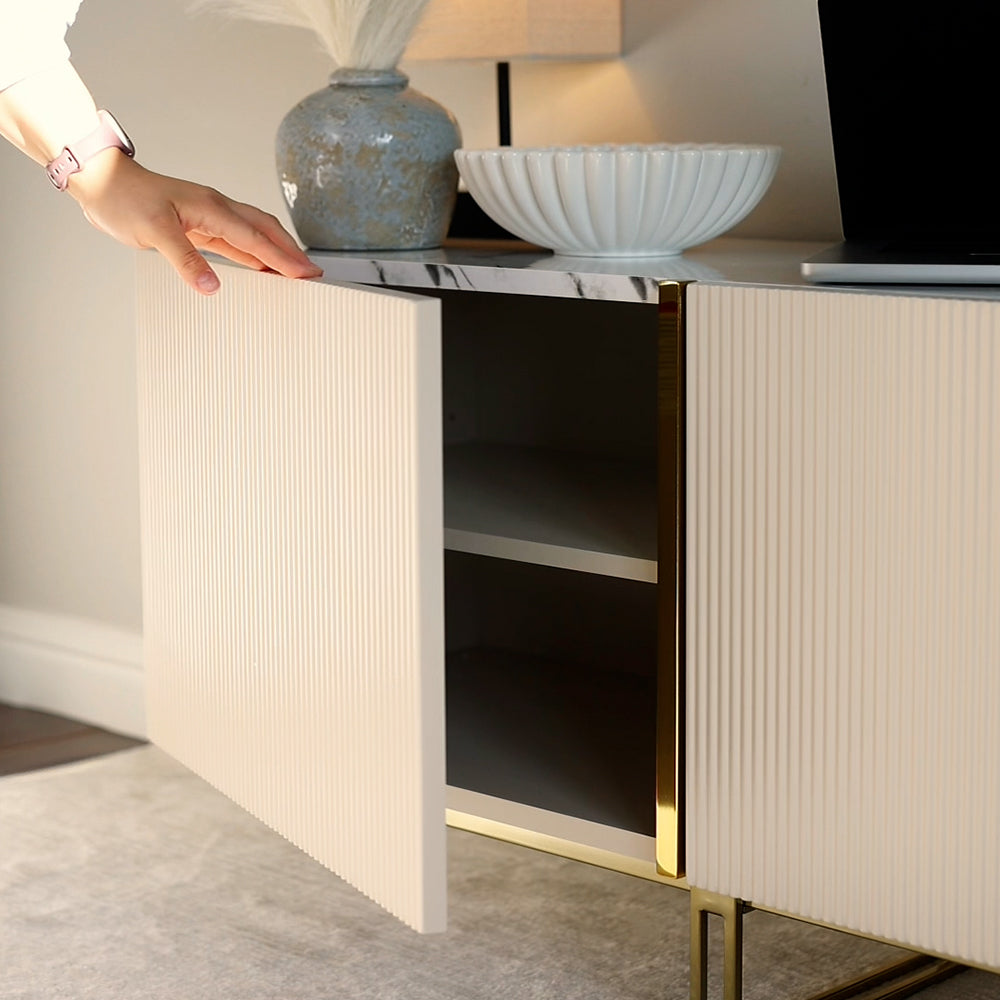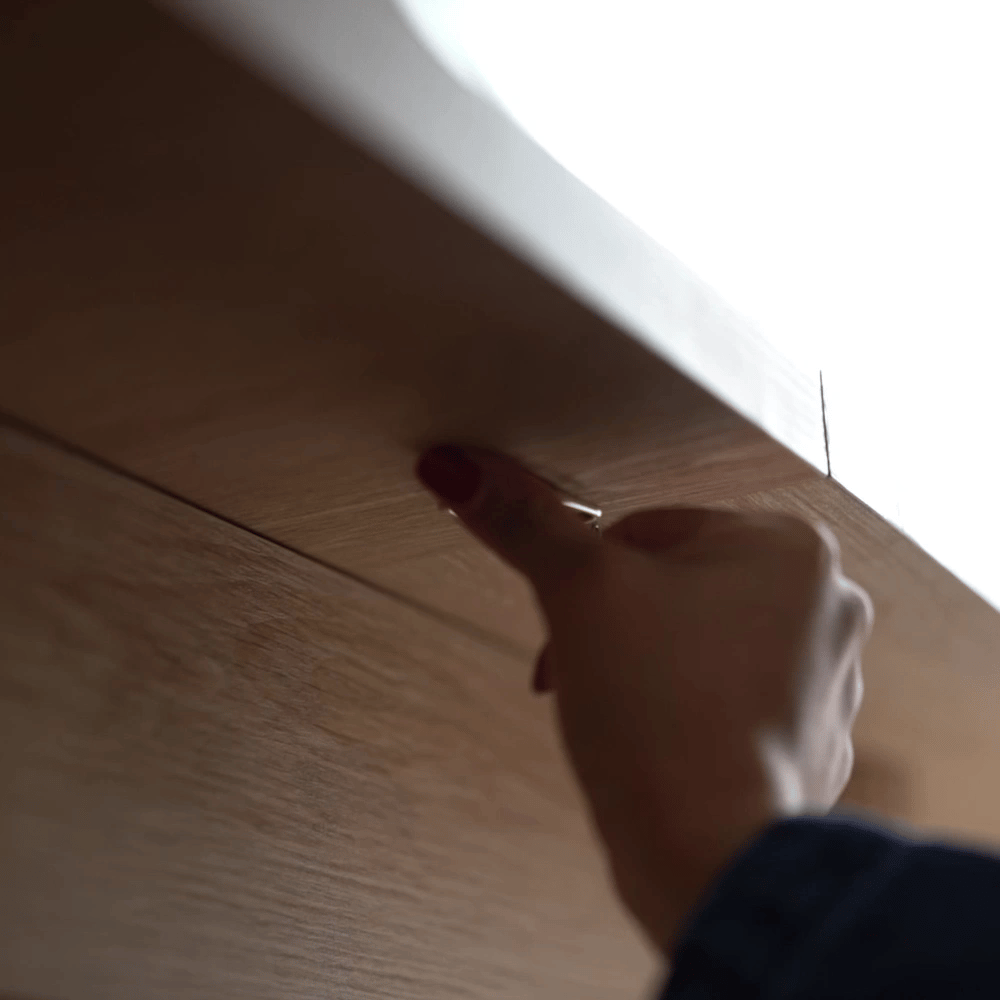Fabric sofas are a popular choice for their comfort and aesthetic appeal. However, as a high-traffic piece of furniture, they can quickly become a magnet for dirt, stains, and odors. Regular maintenance and periodic deep cleaning can help keep your fabric sofa looking fresh and prolong its lifespan. Here’s a step-by-step guide to effectively clean your fabric sofa, from everyday upkeep to tackling stubborn stains.
Table of Content
Understanding Your Sofa’s Fabric
Before starting any cleaning process, identify the type of fabric used on your sofa. Most sofas come with a manufacturer’s tag that provides cleaning instructions, often labeled with codes:
- W:
Safe to clean with water-based products.
- S:
Requires solvent-based cleaning solutions (no water).
- WS:
Can be cleaned with either water- or solvent-based cleaners.
- X:
Vacuum only; professional cleaning recommended.
Always follow these guidelines to avoid damaging the material. If there’s no tag, test your chosen cleaning method on a hidden spot before applying it to the entire sofa.
Routine Maintenance for Fabric Sofas
1. Vacuum Regularly
Regular vacuuming is the easiest way to prevent dirt and dust from embedding into the fabric. Use your vacuum cleaner’s upholstery attachment to gently clean the surface of the sofa, including:
- Cushions
- Armrests
- Seams and crevices
For pet owners, a lint roller or brush designed for pet hair can help remove stubborn fur from the fabric.
2. Rotate Cushions
Rotating and flipping cushions can help distribute wear evenly and maintain their shape. This also reduces the chance of dirt accumulating in one spot.
3. Use Sofa Covers or Throws
Protective covers or throws can shield your sofa from spills, stains, and everyday wear. These can be easily removed and washed, saving you time and effort in cleaning the actual upholstery.

Deep Cleaning Your Fabric Sofa
When routine maintenance isn’t enough, it’s time for a deeper clean. Here’s how to tackle stains, odors, and overall grime.
1. Remove Loose Debris
Begin by vacuuming the entire sofa to remove dirt, crumbs, and other debris. Use a soft-bristle brush attachment to avoid damaging delicate fabric. Pay extra attention to seams and folds, where dirt tends to hide.
2. Spot Treat Stains
Stains on fabric sofas should be addressed promptly to prevent them from setting. Use the following techniques based on the type of stain:
- Water-Based Stains (e.g., juice, coffee): Mix a solution of warm water and a few drops of mild dish soap. Dab the stain with a clean, damp cloth. Avoid scrubbing, as this can push the stain deeper into the fibers.
- Greasy Stains (e.g., food, makeup): Sprinkle baking soda over the stain and let it sit for 15-20 minutes to absorb the grease. Vacuum up the powder, then dab the area with a solvent-based cleaner.
- Ink or Dye Stains: Blot the stain with a cotton ball dipped in rubbing alcohol. Test this method on a hidden area first to ensure it won’t discolor the fabric.
Always blot stains from the outside toward the center to prevent spreading.
3. Clean the Entire Surface
For a thorough clean, follow these steps based on the sofa’s fabric code:
- For W or WS fabrics:
1. Mix a solution of warm water, mild dish soap, and a small amount of white vinegar.
2. Dip a soft sponge or cloth into the mixture, wring out excess liquid, and gently scrub the fabric in circular motions.
3. Use a clean, damp cloth to wipe away soap residue.
4. Allow the sofa to air dry completely.
- For S fabrics:
1. Use a commercial solvent-based cleaner designed for upholstery.
2. Apply the cleaner to a clean cloth, not directly to the fabric.
3. Gently blot the sofa’s surface, following the cleaner’s instructions.
Avoid oversaturating the fabric, as excess moisture can lead to mold or mildew.
4. Neutralize Odors
Baking soda is an excellent deodorizer for fabric sofas. Sprinkle a generous amount over the entire surface, let it sit for at least 30 minutes, then vacuum it up. For lingering odors, consider using a fabric-safe odor eliminator spray.
5. Dry Thoroughly
Proper drying is essential to prevent mold or mildew growth. Open windows, turn on fans, or use a hairdryer on a cool setting to speed up the drying process.

Maintaining Your Clean Fabric Sofa
To keep your fabric sofa looking fresh, follow these maintenance tips:
1. Clean Spills Immediately:
Blot spills with a dry cloth to absorb as much liquid as possible. Avoid rubbing, as this can push the liquid deeper into the fabric.
2. Use Stain Protectors:
Apply a fabric protector spray to shield your sofa from future stains and spills.
3. Schedule Regular Deep Cleans:
Aim to deep clean your sofa every six months or as needed, depending on usage.
When to Call a Professional
If your sofa’s fabric has a strict “X” cleaning code or if it’s heavily soiled and your efforts don’t yield results, it’s best to hire a professional upholstery cleaning service. Professionals use specialized equipment and cleaning solutions to remove deep-seated dirt without damaging the fabric.
Conclusion
A clean fabric sofa not only enhances the aesthetic of your living space but also contributes to a healthier home environment. By understanding your upholstery type and following the appropriate cleaning techniques, you can keep your sofa in pristine condition. With regular maintenance, prompt stain treatment, and occasional deep cleaning, your fabric sofa will remain a comfortable and stylish centerpiece for years to come.
If you want to buy our home furniture or couch for living room, you can check out more on our store

